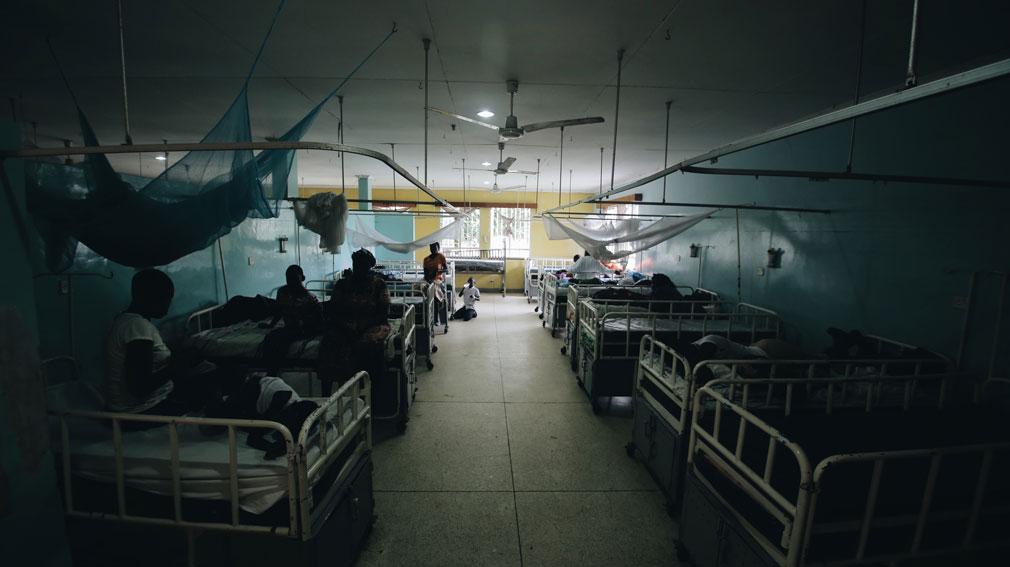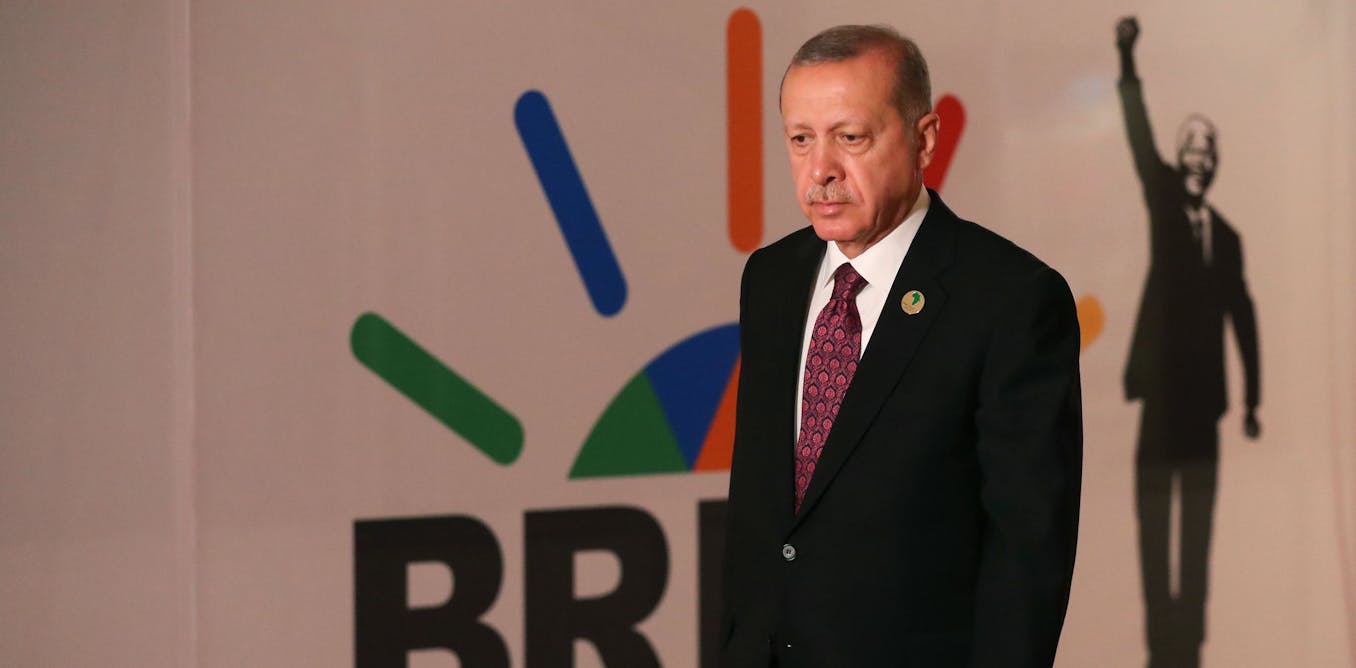This article is based on the author’s latest book ‘Sick of It: the Global Fight for Women’s Health.’
On the 2nd July 2024 International Planned Parenthood Federation (IPPF) reported ‘another horrendous attack on one of our healthcare clinics’ killing and injuring staff in Darfur. Director-General of IPPF, Alvaro Bermejo noted:
‘Where will women and girls seek these services now? There must finally be a critical mass of people of conscience saying enough is enough in this forgotten crisis.’
The forgotten crisis Bermejo was talking about was the conflict in Darfur, attacks on healthcare in the region and the desperate sexual and reproductive health needs of 800,000 people, but it could also apply to the wider issue of attacks on women’s health in conflict. In the time between the Darfur attack on the 2nd and publication of my new book Sick of It: the Global Fight for Women’s Healthon the 11th, the World Health Organization (WHO) reported 18 attacks on healthcare, predominantly in Ukraine, but also Sudan and Myanmar. Attacks on healthcare and ‘perilous medicine’ have been ubiquitous breaches of international law from conflicts in Afghanistan to Syria to Ukraine to Gaza. Such ubiquity has been matched by images of bombed maternity hospitals in the news and inconsistent condemnation. European and US leaders condemned Russian attacks in Ukraine and Syria, while the South African government cited attacks on healthcare in Gaza as part of the genocide case against Israel in the International Court of Justice. Few talk about Darfur.
What is happening in conflict is staring out from news images of bombed maternity clinics: healthcare – notably women’s healthcare – is under attack. As I argue in Sick of It, attacks on women’s health are central to conflict, ranging from slow attrition of restrictions or barriers to accessing women’s health to direct bombing of maternity hospitals. Such attacks are the most extreme ways in which women’s health is exploited in global politics. Attacks on women’s health are part of the destruction of infrastructure in a country or region. However, there is also something more specific to why attacking women’s health is central conflict: it is also about the future. Maternal health, specifically, becomes ‘inextricably linked to the future of a country: something to be protected, controlled or destroyed, depending on your position.’ These attacks are thus central for understanding conflict, Women, Peace and Security, and humanitarian health security. As lead of the Researching the Impact of Attacks on Healthcare project, Larissa Fast explained to me when I was researching the book, data on attacks on healthcare – specifically how attacks affect men and women differently – is hard to come and is relatively under-researched.
Women’s health has long been a neglected aspect of International Relations (IR), easily dismissed as a problem of health, medicine, or development and welfare. While foundational texts made explicit the role of sexual and reproductive health (SRHR) and anti- Female Genital Mutilation (FGM) campaigning in transnational social movements, global feminism, and the formation of key UN bodies such as UNFPA and UN Women, when it comes to women’s health, IR stopped paying attention in the late 1990s. This is curious given the dominance of women’s health in international development and foreign aid agendas (notably the Millennium Development Goals and the Sustainable Development Goals), US foreign policy (the Global Gag Rule being the biggest example of this), the role of abortion in far-right populism, centrality of women’s health to colonial projects, the gendered aspects of global health emergencies and pandemics, and the criminality and function of obstetric violence in conflict. Women’s health has adjacent attention in the vital analysis of feminist political economy on gendered care and labour – on which much of contemporary feminist health security is built – and much more attention in the barometer of international relations outside of international journals and conferences, student dissertations.
In Sick of It I argue women’s health is used as political currency to gain and sustain power in international politics in two ways. First, through the exploitation of women’s health as an issue; and second, through the exploitation of women working in the health sector. It is not only the usual suspects – far right religious groups – who are doing the exploitation, or the common bikini issues – notably abortion – that dominate. The problem with such exploitation is it is the same people who claim to promote women’s health that are some of the worst perpetrators, from Rwanda using incredible advances in women’s health to wash the government’s authoritarianism, to aid agencies who exploit the free labour of community health workers, to humanitarian organisations using images of vulnerable women to fundraise. This goes right to the heart of the strength of women’s health as political currency: the assumption that saving women is an inherent good, regardless of the intention behind it or who is doing it.
Issues that become inherent goods in world politics are ripe for exploitation. People turn away. The inherent good of women’s health becomes the ultimate pass for external scrutiny: in the case of WHO, yes there was the worst case of sexual harassment, abuse and exploitation of women and girls by WHO staff by a single agency in the UN’s history, but look at the institution’s important work on maternal health. Same goes for women working in the health sector: global health cannot be sexist, suffer from gender inequality or representation issues because at women make up 70% of health workers in the world.
Sick of It was motivated by a question I’ve come back to across my career – why do women die when they don’t have to? This is not just a question of scientific research on the leading causes of death of women, health financing and infrastructure that meets women’s needs, or public health messaging preventing causes of death and disease. It is a question of international politics. What is striking about women’s health is how much political will, commitment, and investment goes towards it. It is not a problem of invisibility or inattention, but the wrong kind of attention – attention not to improve women’s health, but to gain and sustain power in the world.
Further Reading on E-International Relations
#Opinion #Global #Politics #Exploits #Womens #Health




